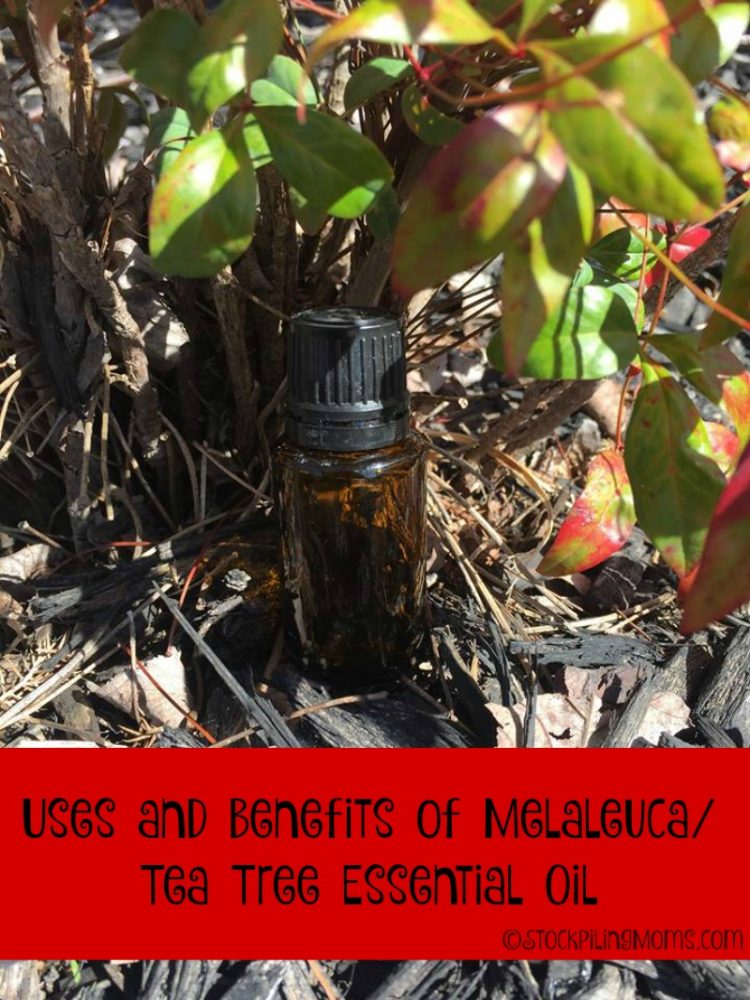Homemade MouthWash
I love using this natural product for mouthwash! It not only kills the germs in my mouth but is also a natural whitener for my teeth. Below are some facts about using hydrogen peroxide as a mouthwash.
Using hydrogen peroxide as mouthwash is simple: just swish some 1% to 3% hydrogen peroxide around in your mouth, then spit it out. Like you’d do with any kind of mouthwash, right?
Why 1% to 3%? Some people feel that 3% is a bit strong to use as a mouthwash. You can try 3%, or water it down with some water. (Some 3% hydrogen peroxide with an equal amount of water added will give you 1.5% hydrogen peroxide.)
Using hydrogen peroxide as mouthwash will kill bacteria and viruses in your mouth. However, it takes time for hydrogen peroxide to work, so this is not going to remove all the bacteria and viruses in your mouth – it will just lessen them.
Using hydrogen peroxide as mouthwash can taste a bit weird. Also, any time hydrogen peroxide is killing germs, it will foam— so there can be some foaming when you are using hydrogen peroxide as a mouthwash.
If you want to get at the bacteria in your gums, try it this way: brush your teeth, then floss between your teeth, and then swish with peroxide. This way any gunk is out of the way, and the peroxide can get in to the gums more easily. Swishing for a minute or longer will be more effective than a shorter swish.
This is suggested to be used for a week or less at a time. You should not use it regularly for an extended period of time.
Disclaimer: I am not a medical professional. Always consult with a physician before making health care decisions. This works for me, so I wanted to share it with you! I love using natural health solutions.
Be sure to “PIN” this great recipe so you will have it when you are ready to make it. Please follow us on Pinterest and enjoy hundreds of recipes, crafts, party planning ideas, gardening, DIY and more.

Melissa is a football and soccer mom who has been married to her best friend for 24 years. She loves sharing recipes, travel reviews and tips that focus on helping busy families make memories.








Please be careful with peroxide. Repeated use (every day) can cause a fungus called black-hairy-tongue. I would suggest only using this once a week, and using something else in between. I have even seen this happen with store-bought toothpaste and mouthwash with peroxide in them. You can’t use peroxide that often.
Thanks Norine for sharing that with us – I decided to look into this and this is what I found.
The name black hairy tongue may sound scary, but the condition is harmless. Black hairy tongue is caused by bacteria or fungi in the mouth, which make the tongue appear black and hairy. It’s easily remedied by good old-fashioned oral hygiene.
What Causes Black Hairy Tongue?
A black hairy tongue is caused by too much bacteria or yeast growth in the mouth. The bacteria build up on tiny rounded projections called papillae. These lie along the surface of the tongue. Instead of shedding as they normally do, the papillae start to grow and lengthen, creating hair-like projections. They can grow to 15 times their normal length.
Normally, the papillae are pinkish-white. But as they grow, pigments from food, drinks, and possibly the bacteria or yeast themselves get caught in the papillae, dyeing the tongue a color. Most often that color is black, hence the name. But the tongue can also turn brown, yellow, green, or a variety of other colors.
Certain lifestyle habits and conditions can make people more likely to develop black hairy tongue. They include:
poor oral hygiene
smoking tobacco
drinking a lot of coffee or tea
using antibiotics (which may disrupt the normal balance of bacteria in the mouth)
being dehydrated
taking medications that contain the chemical bismuth (such as Pepto-Bismol for upset stomach)
not producing enough saliva
regularly using mouthwash that contains peroxide, witch hazel, or menthol
getting radiation therapy to the head and neck
Black hairy tongue is more common in men, people who use intravenous drugs, and those who are HIV-positive.
What Are the Symptoms of Black Hairy Tongue?
Other than the appearance of the tongue, most people with black hairy tongue don’t have any symptoms or feel any discomfort. The exception is when there is too much growth of the yeast Candida albicans, which can cause a burning sensation on the tongue. This burning sensation is called glossopyrosis.
Some people complain of a tickling feeling in the back of the roof of the mouth, a metallic taste in their mouth, or nausea. In more severe cases, the condition may lead to a gagging feeling. Sometimes, food getting caught inside the extra-long papillae can cause bad breath.
How Is Black Hairy Tongue Treated?
Practicing good oral hygiene is the best way to treat black hairy tongue. Gently brush your teeth twice a day with a soft toothbrush. Also, brush your tongue. You can use a tongue scraper to make sure you’re thoroughly cleaning the area. Drink plenty of water throughout the day to help keep your mouth clean.
Other tips include:
If you smoke, quit.
Add more roughage to your diet. Soft foods won’t clean off the tongue effectively.
Call your doctor or dentist if the problem doesn’t get better on its own. Your doctor may prescribe antibiotics or an antifungal drug to get rid of the bacteria or yeast. Topical medications, such as tretinoin (Retin-A), are also sometimes prescribed. As a last resort, if the problem doesn’t improve, the papillae can be surgically clipped off with a laser or electrosurgery.
http://www.webmd.com/oral-health/guide/black-hairy-tongue
You shouldn’t use peroxide for mouthwash on the daily. It does weaken enamel and causes sensitivity to the teeth. Anything that whitens teeth will cause the enamel to weaken. If you look at the ingredients of any whitening toothpaste or kit, they contain peroxide. Ask any dentist. It is better to brush with baking soda if you’re after teeth whitening (yes it will take longer and yes it still weakens enamel, but not as badly as peroxide). If going the peroxide route, you really should only rinse with it at MOST once a week.
My son has cerebral palsy and goes to Creighton dental school for his dental care. He was told to use peroxide 3% as a mouthwash after brushing. He has extremely white teeth and no cavities. The dentist said it is the action of the oxygen that oxidizes the gunk in the tiny little tubules and that is how it whitens teeth.
Thanks for sharing that!